The paradox of pain
Pain works by instinctively feeling like something is wrong with the body and urging us to do something about it.
This involves physical things, like withdrawing and bracing, and things we do mentally, like imagining the worst and being scared.
This all happens without us thinking about it so that we can protect ourselves quickly.
And underlying all of this is the assumption that the body is damaged.
The tricky part with persistent pain is that many of the responses we have end up not being good for us in the long run. They can even make pain worse.
For instance you might be scared of pain to such an extent that you stop doing certain things. Or you might be consistently bracing yourself, holding your breath or tensing your abdomen. Or perhaps you keep planning for the worst, thinking of all the things that might go wrong.
Responses such as these are completely understandable and may be useful at a certain point. And yet we know that persistently avoiding activity increases disability, long term contraction can feed into pain and how we think affects whether pain becomes persistent.
To make matters more complicated modern science tells us that pain doesn’t necessarily mean that the body is damaged. And the longer that pain goes on the less reliable it is as a message that something is damaged.
This doesn’t mean that we ignore the tissues (as if we could!), just that we may need to rethink what is going on and what we should do about it.
Mindfulness is relevant here as it’s all about taking a closer look at things we normally take for granted. And so with pain we can start to see all the different things that are going on inside us and begin to investigate them.
Is it helpful to keep going with that train of thought?
Do we need to hold our breath each time we move?
Is it true that doing something painful is damaging us?
Held in a framework of curiosity and kindness mindfulness allows us to question our assumptions without giving ourselves a hard time. This enables us to update what we have taken for granted based on new evidence from our experience.
Over time this allows us to weaken unhelpful responses we are having and to strengthen new, more adaptive ways of doing things.
This can help to reduce pain and help us to live a more fulfilling life.
If you’d like to explore a mindful approach to pain here is a guided practice.
